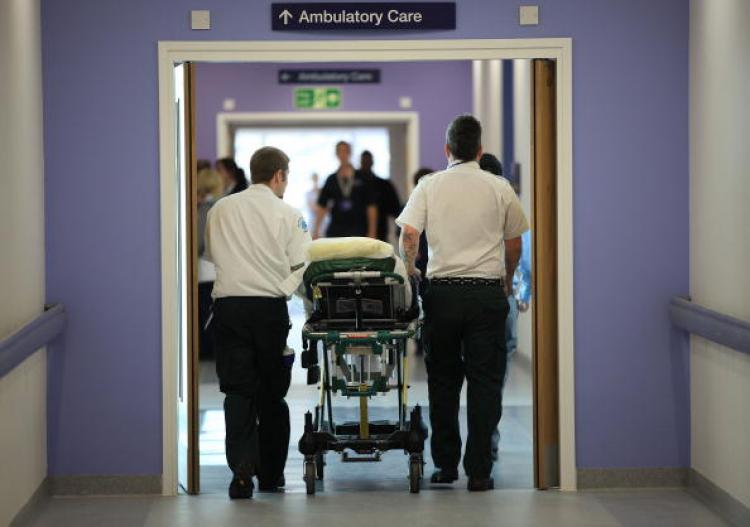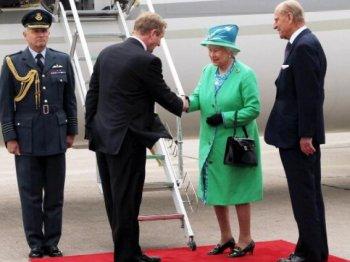NHS Will Be Tested ‘To The Limit’ by Efficiency Savings, Say MPs
NHS has “no precedent for efficiency gain on this scale” says Commons Select Committee for Health report.

NHS is not to making cuts to services, but efficiency savings. This distinction needs to be communicated more clearly a parliamentary report said. Patients moved into the ���£545 million facility of Queen Elizabeth super hospital in Birmingham (above) on June 16th, 2010. Photo by Christopher Furlong/Getty Images
|Updated:




